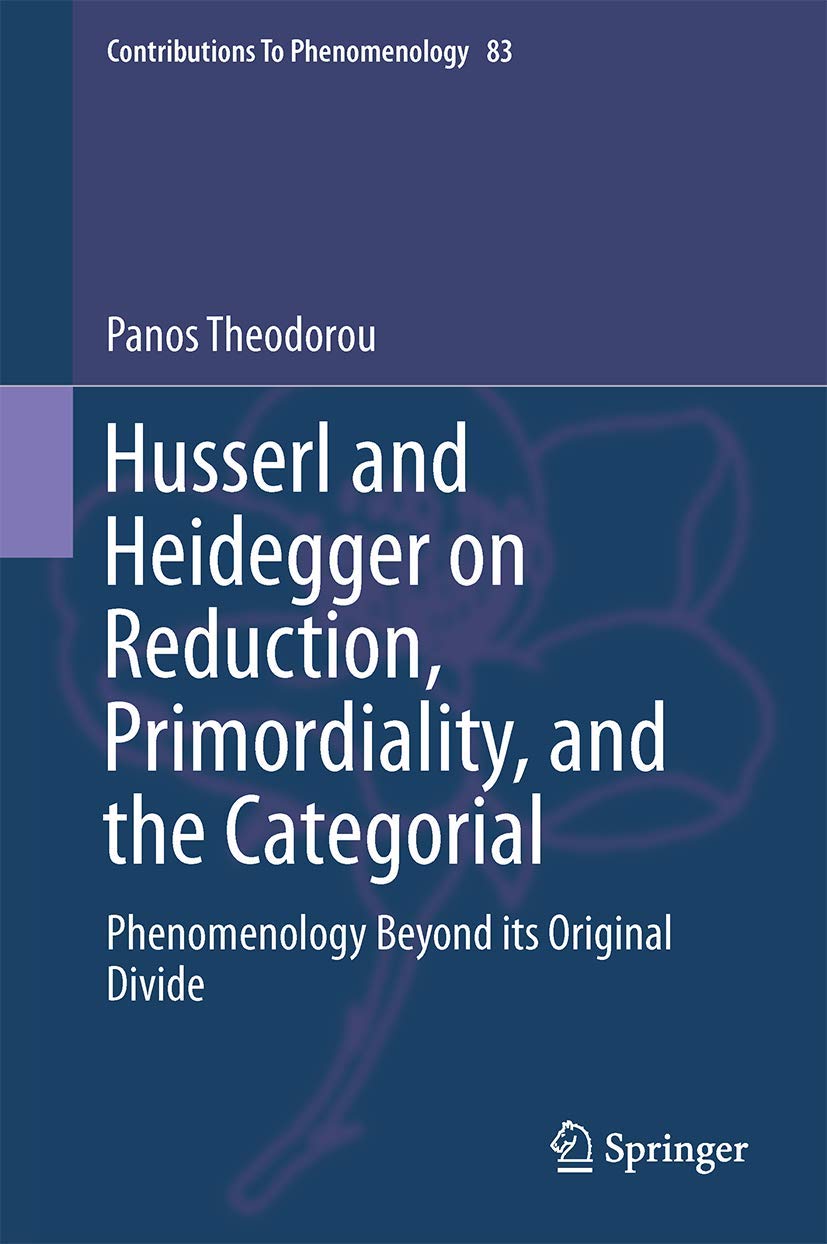Husserl and Heidegger on Reduction, Primordiality, and the Categorial: Phenomenology Beyond Its Original Divide
Husserl and Heidegger on Reduction, Primordiality, and the Categorial: Phenomenology Beyond Its Original Divide is backordered and will ship as soon as it is back in stock.
Couldn't load pickup availability
Genuine Products Guarantee
Genuine Products Guarantee
We guarantee 100% genuine products, and if proven otherwise, we will compensate you with 10 times the product's cost.
Delivery and Shipping
Delivery and Shipping
Products are generally ready for dispatch within 1 day and typically reach you in 3 to 5 days.
Book Details
-
Publisher: Springer
-
Author: Panos Theodorou
-
Language: English
-
ISBN: 9783319166216
-
Binding: Hardcover
-
Release Date: 25-08-2015
-
Pages: 280
-
Package Dimensions: 6.3 x 6.2 x 0.2 inches
-
Illustrations: 1 black & white illustration, biography
About the Book
"Foundational Issues in Phenomenology: The Dispute Between Husserl and Heidegger" by Panos Theodorou explores the tense and unresolved dispute between two of the most influential philosophers in the phenomenological tradition: Edmund Husserl and Martin Heidegger. Focusing on foundational issues that emerged in their 1920s discourse, this book offers a deep analysis of the core debates surrounding phenomenological method, intentionality, and the nature of experience.
Key Features:
-
Key Phenomenological Issues: The book delves into three central issues: the phenomenological reductions, the identity of primordial givenness, and the character of categorial intuition. It clarifies the points of disagreement between Husserl and Heidegger on these matters.
-
Intentionality and Pre-objective Time: The text explores intentionality and its foundation on pre-objective time, shedding light on the phenomenological a priori and its relation to the world and consciousness.
-
Husserl's Influence on Heidegger: Examines Heidegger’s debt to Husserl’s concept of categorial intuition, contributing to the formulation of Being/Nothing as a central philosophical question.
-
Reconciling Philosophical Divisions: Theodorou revisits these issues to offer an intra-phenomenological settlement and propose a way to reconcile and interweave the views of both philosophers.
-
Relevance to Contemporary Philosophy: The book presents insights that can advance contemporary philosophy, especially with regard to consciousness, intentionality, experience, and the praxis of human existence in a historical world in crisis.
This book is essential for students and scholars of Husserl, Heidegger, and phenomenology. It is also a valuable resource for those interested in philosophy of mind, consciousness, and cognition.





